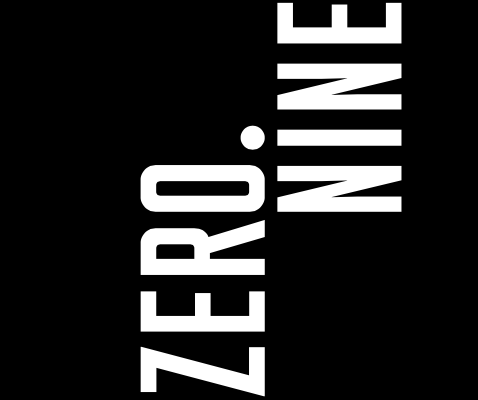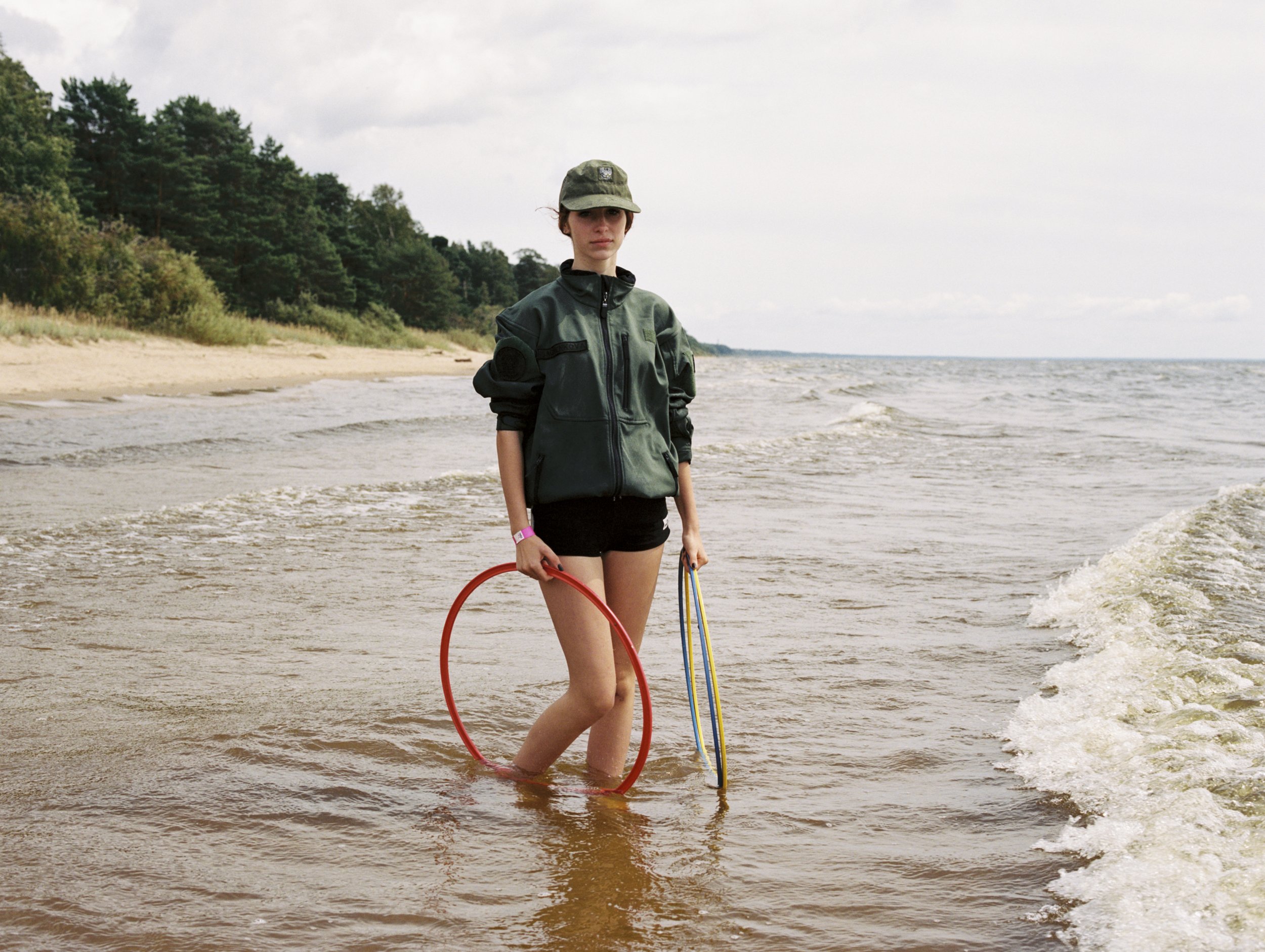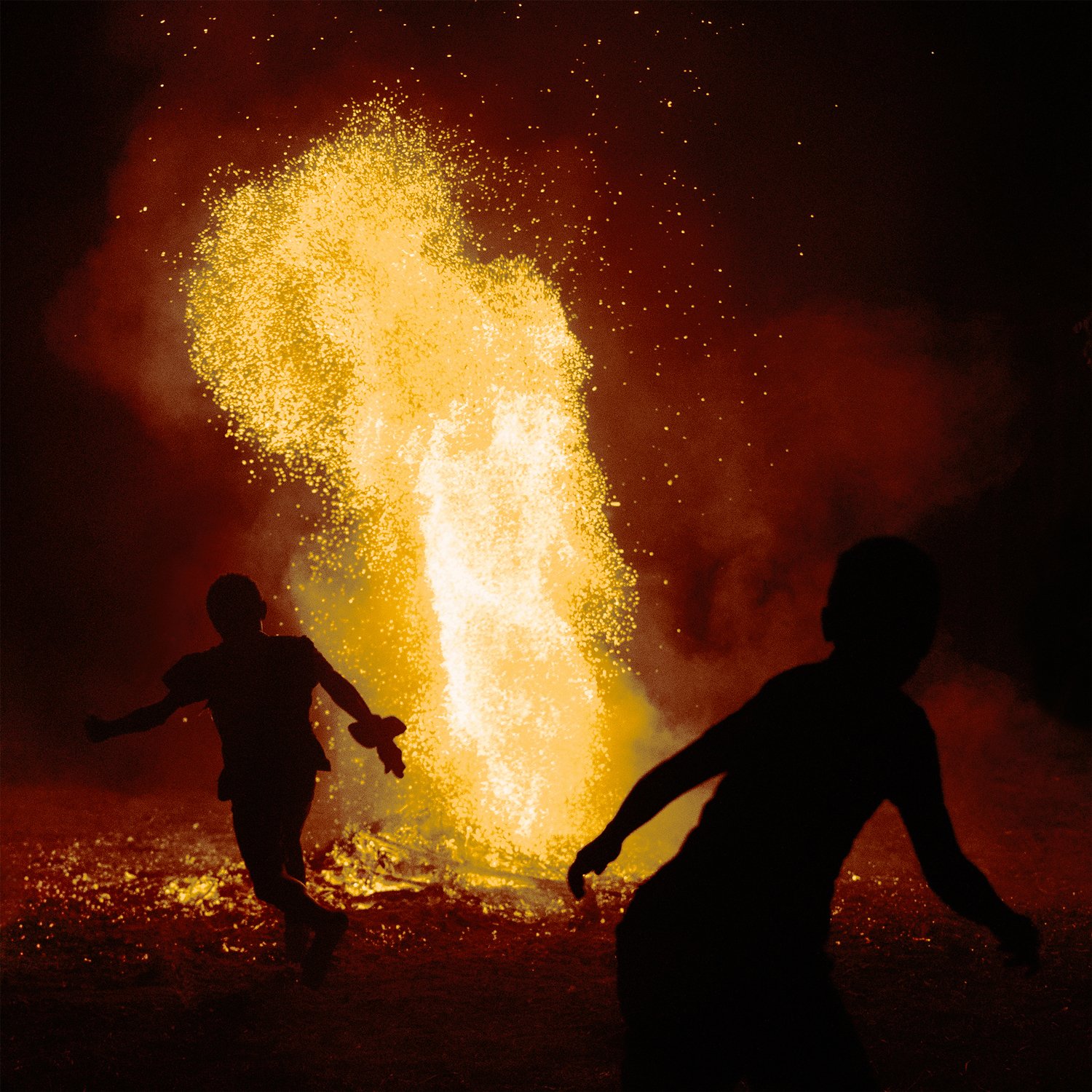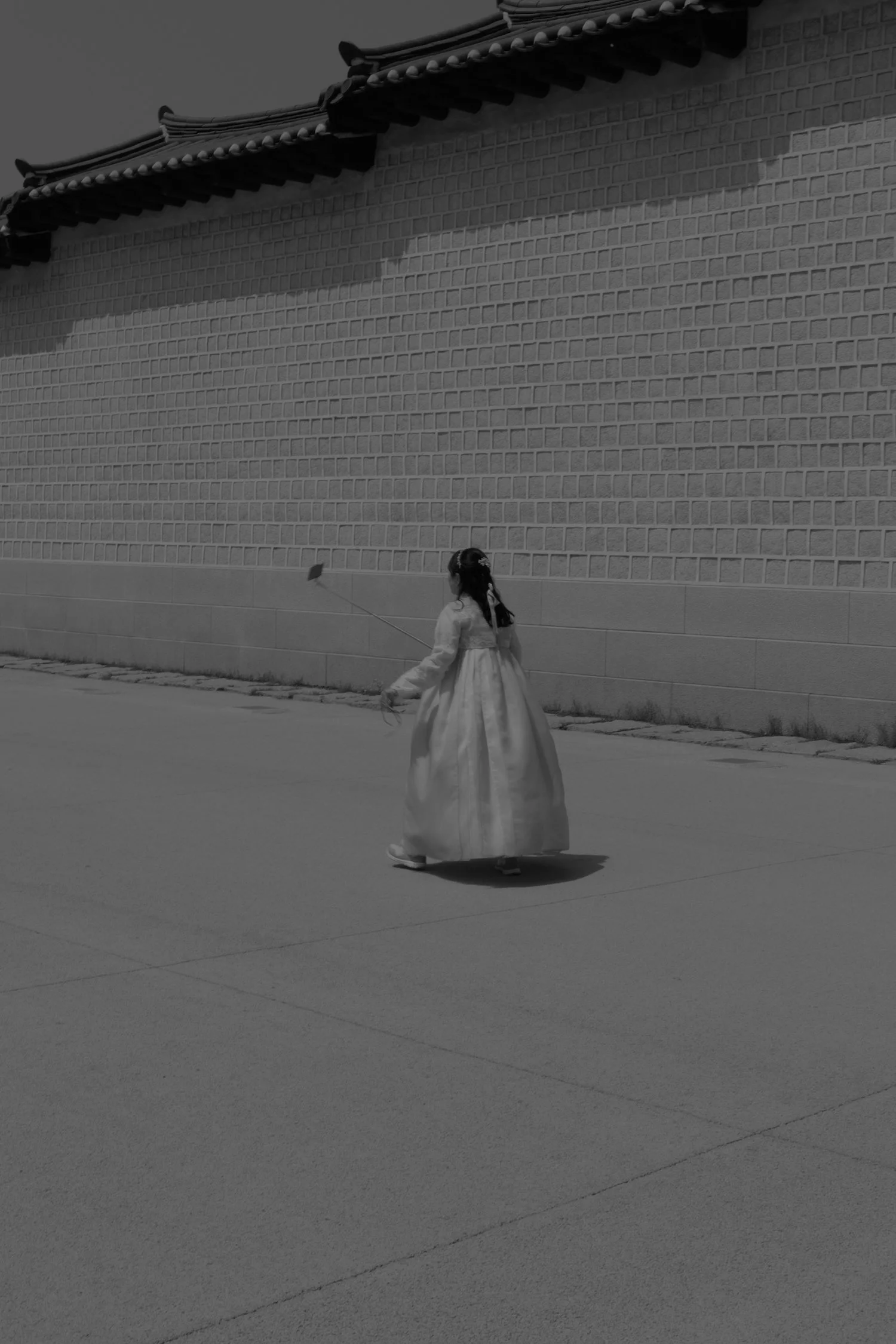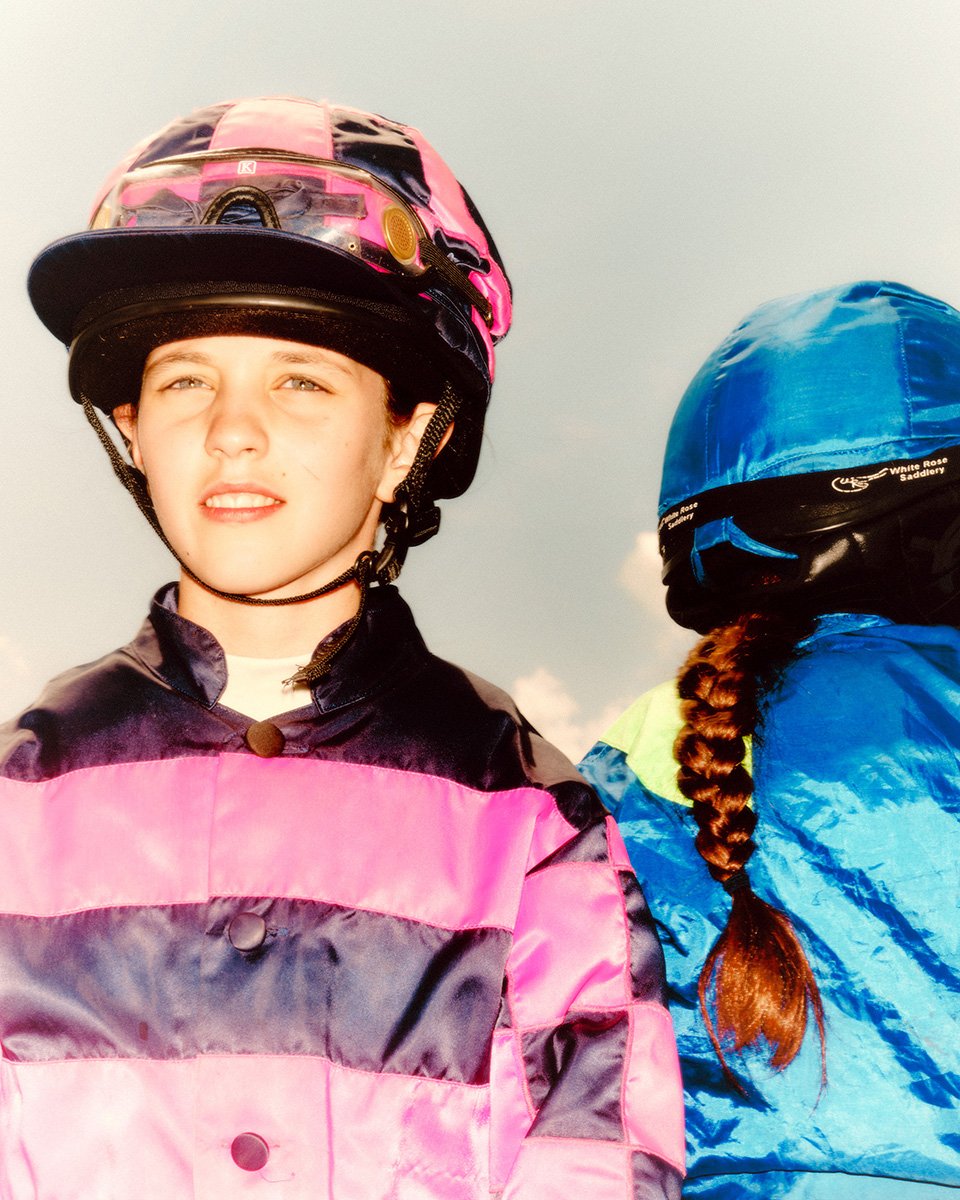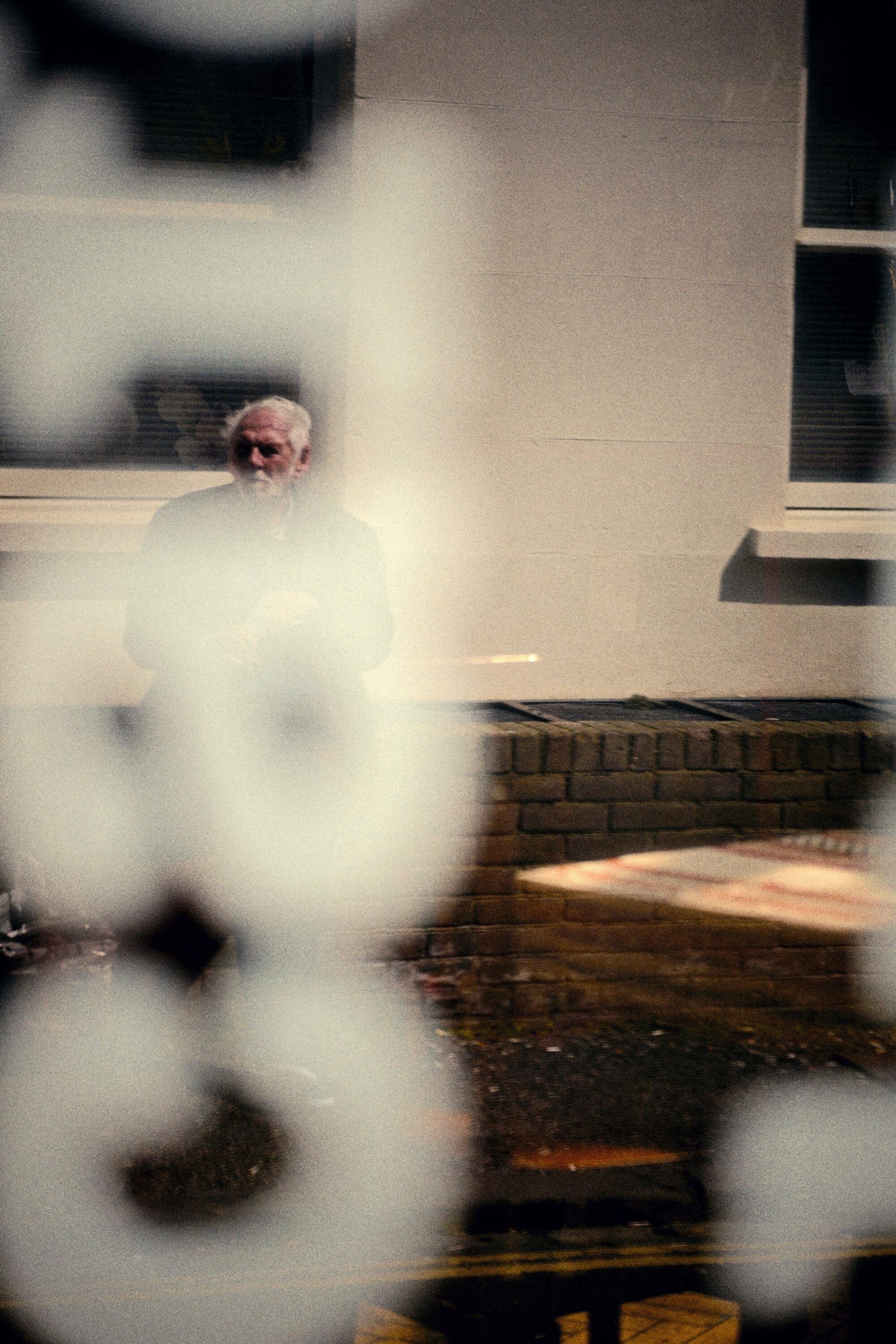A wave of fresh air
If you have been to Ibiza you know the island is pretty special – we went and met legends Mark Barrott and Pete Gooding at Mark’s place to hablar de la vida. The duo is responsible for the La Torre Ibiza compilations. The 4th volume has just been released – it’s a beautiful compilation that brings the Balearic feel to your ears and soul.
Interview and Photography JC VeronaFrom left to right: Mark Barrott and Pete Gooding
Thanks for your time today. The fourth compilation for Ibiza’s Hostal La Torre was released on 1st July. The compilation features a variety of tracks from various artists bringing the Balearic sound together. What’s the inspiration behind this new edition?
MARK: Well…ultimately, we’re in the communication business, so there’s always this desire to share our work and one of the things we both noticed during the pandemic, was that people weren’t communicating. When the pandemic was over and everything started to open up, we had the desire to share again and that desire was probably stronger than normal because of the denial.
I think as individuals we are made of the head and the heart and hopefully as we get older and our wisdom increases, we realise that the heart is truth and what’s going on in the head is a lot in turmoil, so you have to listen to the heart, because that is where the truth and feelings reside, so when Pete said to me in January ‘shall we do another one’, it was a pretty simple answer!
At the end of the day the sole benefit of making music is the point of creation… that’s how consciousness grows and how the world itself grows, everything else beyond that point is just a frustration, like the marketing, pr… and all of that stuff. (Pete laughs) The point of creation is when something really special happens, when you feel that kind of incredible connection and when you share it, you hope other people pick on that moment and make that connection with you.
It seems that the La Torre sessions are an evolution of the Café del Mar compilations… what do you think about that?
PETE: La Torre is owned by the people that own Mambo. I was the DJ at Mambo for 20 years, so when they took over La Torre, I was invited to get involved and this is around the time I met Mark. The idea was, how do you create something that really matters to us, which, for me, is the spirit of what I experienced at Café Del Mar in the 90’s.
So we embraced that musical vibe, working with really great people from the island as residents like Pippi & Alfredo, whilst also inviting some great guests like DJ Harvey, David Holmes, and many others.
The thing I worry about is that sometimes with compilations, you can do too many volumes and it stops been special and even if the records are great, sometimes the perception wanes.
M: Everything has a shelf life!
JC: That happened with Café del Mar at some point, right?
PETE: The first six were incredible, but anybody who overdoes it, can’t keep it special.
MARK: Everything has its period in the sun. I think we hold on to things for too long. You know, whether it's a record label, or a style of music, or a style of clothes. I've been thinking about this a lot recently… what is courage? And true courage is having the courage to trust, so that when you step off the cliff into ‘fresh air’, into nothingness, you trust absolutely that everything will work out ok.
JC: Mark, you used to do a lot of curation for a lot of luxury hotels. How was that?
That was a complete accident and even now, I remember it with a Wizard of Oz type dreaminess. It all started with a track on a hotel compilation in Milan, followed on with me DJ’ing at that hotel and having a really successful night there and ended up with 500 iPods and me been music consultant for Sheraton, W, Park Hyatt, Marriott, Radisson and Intercontinental. It was a totally crazy 4 years - I was on the road 50 weeks of the year going from hotel to hotel, filling up passports and never quite catching up with myself !
JC: When did you start International Feel Records?
M: I was living in Uruguay after all the hotel stuff finished. The Atlantic coast of Uruguay is very similar to Ibiza and I was listening a lot to an album by Quiet Village (Silent Movie).
I felt a strong urge to make this kind of music and I made a few tracks I really loved and I thought how am I going to give this music its best opportunity to be heard and I figured the best way to do that was to start a record label, so I did!
I spoke to a PR I knew in Berlin and she said: “Don't do vinyl. Only dubstep sells vinyl. Don't be stupid.” So for me that was like: “Okay, fuck it. I'm doing vinyl.” If I'm going to do vinyl, I'm going to make it like the Louis Vuitton of vinyl, I'm going to have the best vinyl, the best sound, the best artwork. I've not bust a gut for four years with the hotels, not to have some fun now. That was the start of International Feel, and we sold a lot of vinyl very quickly.
JC: Was it 300,000 in the first three years?
M: 100,000 in the first three years.
P: Why did you let the truth get in the way of a good story?
(Laughs)
P: Actually I met Mark because it was my favourite label. So I emailed him, thinking these people are gonna think they're so cool, they’re never gonna reply and he replied quite quickly. He seemed really nice. Because normally, you know, labels like that, ‘the coolest labels’ they never reply, right?
M: I hate that shit! Manners and basic decency don’t cost anything.
”True courage is having the courage to trust, so that when you step off the cliff into ‘fresh air’, into nothingness, you trust absolutely that everything will work out ok.”
Mark Barrott
Pete Gooding
JC: Pete, I read that you collect records, when did you start and how many you have?
When I was 15 my sister took me to Amnesia. She put LSD in my mouth and I became really obsessed with house music. Before this, I was listening to cassette tapes of early Chicago house. At this point, I had a job as a glass collector in a pub and I started to buy what I could afford to buy, three or four records a week (it was 1989). I would buy a lot of records and then two years later, I became a DJ and then before you know it I was getting promos, I had a record shop, I spent my wages on records at cost price and I ended up with about 15,000 of them. They were in alphabetical order within every year. I had 1000s at my mother's house, 1000s in the house where I was living. I've been living here most of my life, but I went back in 2019 to England and we thought we were going to stay and then COVID happened, I got my whole record collection to the house I was living in and I sold 1000s of them to try to reduce it. I've got rid of a lot, but I still buy vinyl, I still buy records. I'm actually not a collector. I functionally bought them to be a DJ.
M: (Laughs) Yeah but you buy two of everything and one is left unopened!
JC: Ok, so which are your top 2 of your music collection, musically or for the way you got it?
P: Jesus Christ that's that's always a bloody hard question, isn't it? I would say Kind of Blue, Miles Davis. My friend bought me the album from the shop in Paris where he used to hang out, it was a really beautiful gift.
Another one… let me think.
M: My favourite is Steve Reich, Music for 18 Musicians. One of my few records. This is the basis of every form of modern dance music, from ambient to trance to melodic techno.
P: That’s were Eno got his ideas from.
M: Eno was completely influenced by Steve Reich.
P: The other record I would pick is Joao Gilberto, Amoroso.
“I noticed that a special kind of excitement came from doing something new.”
Pete Gooding
JC: How did you start working with Themba?
P: I started managing artists about 12 years ago. I started with unknown people and one of them did really well and is still very successful now. I managed lots of friends who were bigger DJs and already established, but I noticed that a special kind of excitement came from doing something new, so I was always looking for another new artist to work with and I met Themba through a mutual friend in 2016.
What I noticed about him from the beginning and I saw in him more than I'd seen in anyone, was his determination, because if you don't want to make it happen to a crazy degree, you won't do it. It’s such hard work and Themba had this drive, he meant business and he was a good guy and we got on well and I felt very motivated.
M: You know what Thomas Edison said: “Opportunity is missed by most people because it is dressed in overalls and looks like work.”
P: We worked on his first batch of music and I sent it out to a couple of friends to test the water and pretty much straight away a lot of people wanted to sign his records. We didn’t even have social media, just Soundcloud. Immediately even before the record came out, there were offers of gigs in Ibiza and Miami… so strange.
I've never seen this natural flow, this momentum. You can force things so hard as a manager and it doesn't work and then sometimes…things just catch fire.
Mark Barrott
Mark, you recently worked on the soundtrack for the Japanese documentary Johatsu, a film that explores the culture of helping people to disappear from their lives. ‘Johatsu’ iterally means ‘evaporated people’.
How was it working on the score for this project?
I remember early on in the process talking to the director, with a scene playing on my laptop and I started playing the piano, not really concentrating on what I was doing and at some point, I was like, fuck, start recording, this is really good. At the end of that 30 minute phone call, I had the first piece and I sent it straight to the director, who sync’d it to the scene in the documentary and he was like… this is brilliant, so I decided that's how I wanted to work, which is a Vangelis approach – improvise as the documentary is playing in real time, with two or three keyboards and then go back and edit those improvisations.
Some of that footage is heartbreaking… you didn't need to understand Japanese to see what the fuck was going on because only 10% of communication is verbal. It was very profound.
It was really weird because there are some parts of that documentary that you just want to cry, some you sat there with your mouth open and some you just want to smile at the strength of the human spirit. That's what I was trying to portray in the music.
What is your definition of beauty?
PETE: Just simple things. Being in nature, living with nature, sunsets and swimming in the sea every day.
MARK: Sophistication through simplicity. Here's the thing that I heard at the start of the year, that I think is the best thing I've heard all year. Every animal on the planet knows more than you.
To wrap this. Is there something we should look forward to in 2023?
M: Hopefully, a human race that finds its compass again and realises that science isn't a religion. That technology isn't as important as consciousness and that we can live by two simple things… Just be kind and don't do anything stupid.
P: I don't think I'm gonna add anything to that. I think that would be a beautiful end to an interview.
JC: Thank you so much. It’s been an absolute pleasure to be here with you today.
About
You can listen to and purchase La Torre Ibiza Volumen Cuatro here
To find more about them, follow Pete Gooding on Instagram and Mark Barrott on Bandcamp
Some other links:
Johatsu O.S.T.
